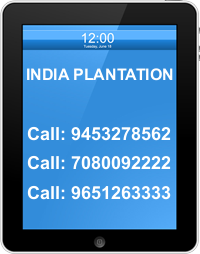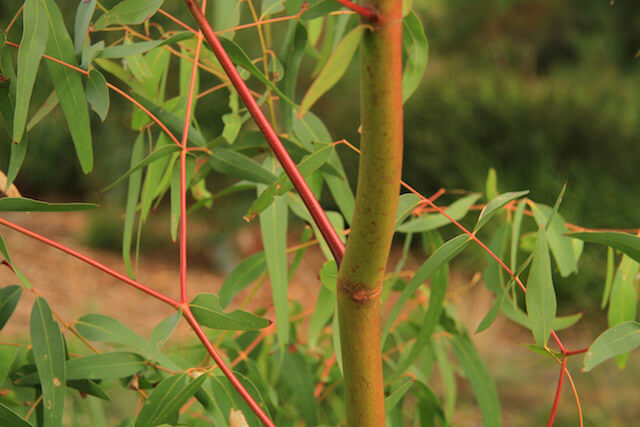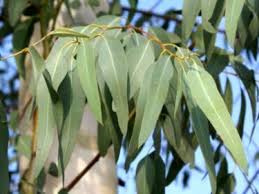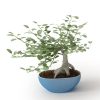Description
Information about Eucalyptus :
eucalyptus 413 Clone plant is the best quality plant . Eucalyptus is a diverse genus of flowering trees and shrubs (including a distinct group with a multiple-stem mallee growth habit) in the myrtle family, Myrtaceae. Eucalyptus Plants for Sale
Eucalyptus is one of three similar genera that are commonly referred to as “eucalypts”, the others being Corymbia and Angophora. Many species, but far from all, are known as gum trees because they exude copious sap from any break in the bark.
- Latin name Eucalyptus
- Group Tree, shrub
- Flowering time Mid-summer to mid-autumn
- Planting time Spring to summer
- Height and spread Up to 30m (100ft)
- Aspect Full sun
- Hardiness Variable according to species and provenance of seed. Those available in Britain are usually considered hardy
- Difficulty Easy
Some eucalyptus species have attracted attention from horticulturists, global development researchers and environmentalists because of desirable traits such as being fast-growing sources of wood, producing oil that can be used for cleaning and as a natural insecticide, or an ability to be used to drain swamps and thereby reduce the risk of malaria. Outside their natural ranges, eucalypts are both lauded for their beneficial economic impact on poor populations and criticised for being “water-guzzling” aliens, leading to controversy over their total impact.
Eucalyptus is also used as a very pretty indoor plant. If growing it indoors, note that Eucalyptus is considered a heavy feeder and requires full sun. Highly adaptable to most soils, the main concern is close attention to basic feeding/lighting and watering needs.
Planting & Care
Planting
Before planting, do not incorporate any manure, as this will encourage too much leafy growth. Plant in a well-drained soil in a sunny position with some shelter from cold, drying winds.
There is no need to stake the young plant. Stronger roots are encouraged if plants are left to develop unaided.
Maintenance
Mulch the root area around the trunk with bulky organic matter such as garden compost and keep this area weed-free for the first few years of the tree’s life.
Water newly-planted specimens during dry spells while the tree is establishing (for the first two to five years after planting). After this, watering should not be necessary. Garden-grown specimens should not require regular feeding.
Container-grown specimens may be grown in any good multi-pupose potting media but soil-based ones such as John Innes No 2 or No 3 potting compost are easiest to manage. Adding up to 30 percent by volume of coarse grit is often helpful. They benefit from monthly feeding with a balanced liquid fertiliser and watering as required to keep the compost moist (not damp) during the growing season. Reduce watering in winter. Repot every two years.
Uses
Medicinally, the eucalyptus oil is taken from the leaves, roots and bark. This spicy, cooling oil is used for its antiseptic and astringent effect.
Eucalyptus oil is often used for respiratory ailments, as the flavoring in cough drops and in decongestant type rubs. Create an infusion of eucalyptus leaves for a soothing skin antiseptic.
Eucalyptus wood is extensively used as fuel, and the timber is commonly used in buildings and fencing.









